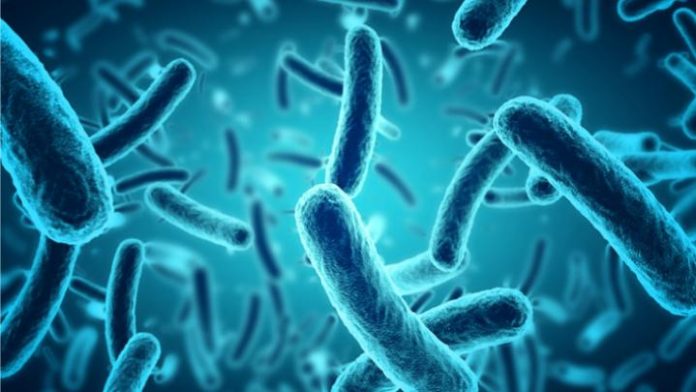The EC Work Programme 2018 will focus on support to the European Reference Networks for rare and complex diseases.
The EC Work Programme 2018 will focus on support to the European Reference Networks for rare and complex diseases; the promotion of health and prevention of non-communicable diseases; strengthening preparedness and response to serious cross-border health threats; and the implementation of EU legislation on medical devices.
The European Commission launched 24 different networks to bring together experts from across the EU to tackle rare diseases by improving diagnosis, treatment and access to specialist care. These European Reference Networks (ERNs) were launched in 2017.
The Directive on Cross-border Healthcare is intended to clarify the rights of patients when they receive healthcare in another European Union country. It has strengthened legal certainty in cross-border healthcare and reimbursement, both for the patients themselves and for the national authorities responsible for their management. It has promoted greater cooperation between member states.
One of its key measures is the implementation of the European Reference Networks for rare and complex diseases. These networks unite treatment centres in different countries that are specialising in the same therapeutic areas. The way they are structured will allow for improvements in the diagnosis, treatment and management of rare diseases, while cooperation and the pooling of resources give us hope of great advances in research.
The European Commission launched the first wave of 24 Reference Networks in March 2017 to tackle rare diseases by improving diagnosis, treatment and access to specialist care. These are known as European Reference Networks (ERNs).
ERNs involve 900 highly specialised healthcare units from 300 hospitals in 25 EU countries and Norway. 24 ERNs are working on a range of thematic issues including bone disorders, childhood cancer and immunodeficiency.
The Commission created the framework for the ERNs and provides grants and technical networking facilities to support network coordinators. However, the driving forces behind the ERNs are healthcare providers and national health authorities.
Between 6,000 and 8,000 rare diseases affect an estimated 30 million people in the EU. An unfortunate feature of rare diseases and complex conditions is the scarcity and fragmentation of specialist knowledge, which is often not available in the patient’s region or country. Many patients therefore do not find a satisfactory explanation for their symptoms or the necessary knowledge on treatment options. By consolidating knowledge and expertise scattered across countries, the ERNs will give healthcare providers access to a much larger pool of expertise. This will result in better chances for patients to receive an accurate diagnosis and advice on the best treatment for their specific condition.
ERNs are not directly accessible to individual patients. However, with the patients’ consent, and in accordance with the rules of their national health system, their healthcare provider can refer a patient’s case to the relevant ERN member in their country.
ERNs will develop new innovative care models, eHealth tools, medical solutions and devices. They will boost research through large clinical studies and contribute to the development of new pharmaceuticals, and they will lead to economies of scale and ensure a more efficient use of costly resources, which will have a positive impact on the sustainability of national healthcare systems, and for tens of thousands of patients in the EU suffering from rare and/or complex diseases and conditions.








 ©2024 All rights reserved LaingBuisson
©2024 All rights reserved LaingBuisson 


